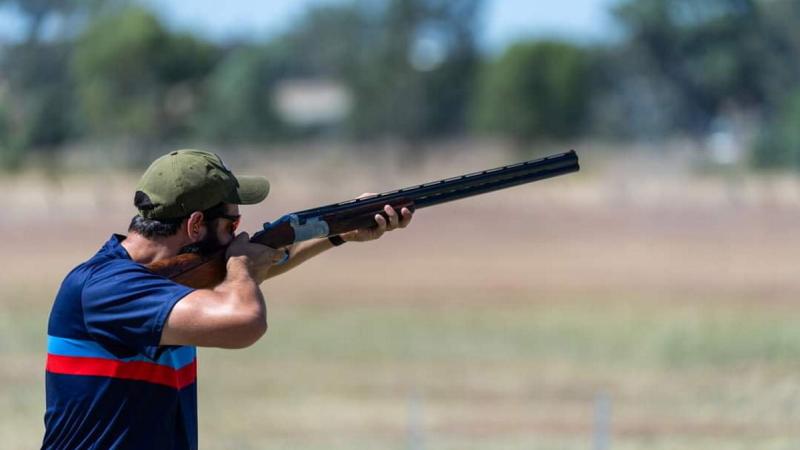A new research centre headquartered at QUT will transform the area of personalised surgical treatment of joints using state-of-the-art biomechanical techniques.
Professor Yuantong Gu, who will lead the ARC Industrial Transformation Training Centre for Joint Biomechanics established this week with a $4 million research grant announcement, said the centre would focus on research to improve the treatment of Australians suffering from osteoarthritis and other joint-related orthopaedic disorders.
QUT lead investigators Professor Gu, Professor Peter Pivonka and Professor Graham Kerr have partnered with expert shoulder surgeons Dr Ashish Gupta and Dr Ken Cutbush and leading national and international research groups in biomechanics.
Professor Pivonka said the centre would establish QUT and Queensland as a biomechanics hub in Australia.
“It will advance and translate fundamental biomechanics research to marketable products and therapeutic strategies which will bring new opportunities for the growing Australian medical technologies industry,” Professor Pivonka said
“This will improve the lives of people who are affected by joint related musculoskeletal disorders.
“Most joint implants are now generic in size and treatment stops after surgery.
“We are working towards making them personalised for each patient in a way that best suits their individual body anatomy and movement.
“Treatment will be holistic in the sense of post-surgical rehabilitation and characterization of functional outcomes.”
Professor Gu said the centre would put Australia at the forefront of joint biomechanical technology in orthopaedics and fast track innovation in the fields of science, health and biotechnology.
The centre will provide advances required to transform personalised surgical treatment of joints through integrated technologies of computer tools for pre-surgical planning and decision making, computer simulation systems and robot simulators for surgical training and medical device assessment, and post-surgical assessment tools.
“This centre will train high-quality young scientists and engineers to develop Australia’s next generation biomedical engineering workforce,” Professor Gu said.
“It will achieve the innovations and the research outcomes which will have the potential to reduce the financial burden to the Australia health care system.”
QUT Vice-Chancellor and President Professor Margaret Sheil AO said the establishment of the ARC Industrial Transformation Training Centre for Joint Biomechanics would have the dual purpose of progressing personalised medicine and establish a state-of-the-art training centre for the future leaders in biomedical engineering.
“This centre, based at QUT, will bring together leaders from many research centres and leading surgeons working together in a rapidly changing field,” Professor Sheil said.
This centre is a collaborative effort between QUT, The University of Queensland, The University of New South Wales, orthopaedic surgeons and the medical device and biomechanics industry.
The centre’s team of key investigators includes the current and past presidents of the Australian New Zealand Society of Biomechanics (ANZSB), Professor Peter Pivonka and Professor Robert Herbert from the University of New South Wales.
The training centre will attract a total of $7.7 million in cash and in-kind support from partners and involve collaboration with 12 participating organisations across three countries.






